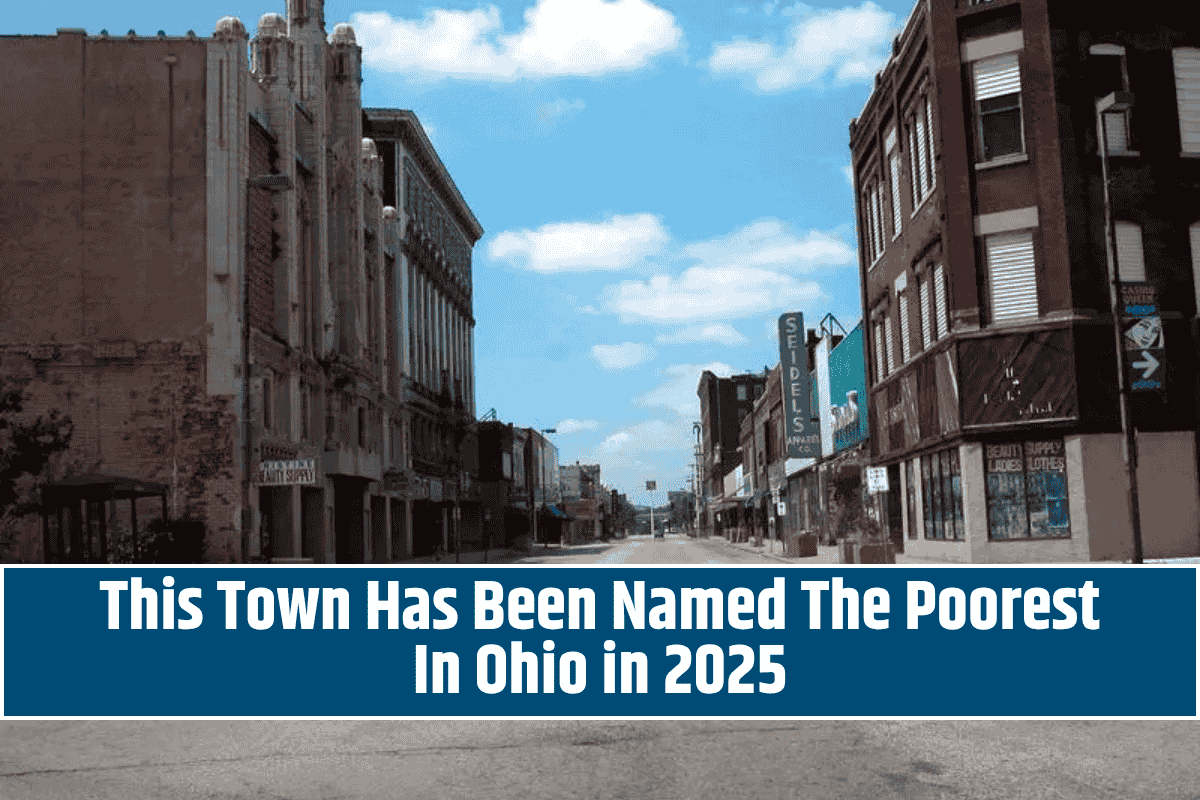Rite Aid continues to scale back its operations as part of its Chapter 11 bankruptcy reorganization, closing eight stores across Pennsylvania. These closures are part of a broader plan to shutter 47 underperforming locations across nine U.S. states, including California, New York, and Connecticut.
One of the first stores to close was the Rite Aid on Market Street in Harrisburg, which officially shut its doors on April 15. The company filed for Chapter 11 bankruptcy in the U.S. Bankruptcy Court for the District of New Jersey, where it now seeks a strategic sale of its assets.
Financial Struggles Force Rite Aid to Downsize
Amid deepening financial woes, Rite Aid has stopped purchasing products and services from suppliers, according to PennLive. Many store locations are expected to remain operational for only a few more months, marking a major downsizing effort by the retail pharmacy giant.
In an attempt to preserve jobs and maintain some level of customer service, Rite Aid is currently negotiating with potential buyers. A&G Realty Partners has been contracted to sell the company’s properties. Nearly 1,200 store leases are now up for sale.
Deadlines for Bids Approaching
Interested buyers have until May 13, 2025, to bid on pharmacy assets, and until June 13, 2025, to bid on the remaining assets. These dates may be extended depending on the bankruptcy proceedings.
List of Closed Rite Aid Stores in Pennsylvania:
- 843 Rostraver Road, Rostraver Township, Westmoreland County (Belle Vernon)
- 400 W. Second St., Berwick, Columbia County
- 3773 Peters Mountain Road, Halifax Township
- 204 Market St., Harrisburg
- 23 N. Elm St., Kutztown, Berks County
- 209 Atwood St., Pittsburgh
- Pittsburgh International Airport, Pittsburgh
- 1039 Second St., Northampton Township, Bucks County (near Richboro)
According to Fast Company, Rite Aid is particularly focused on selling off its most valuable assets, especially its prescription files, to retain value during the bankruptcy process. However, the company faces the real risk of losing customers during this transition, which could further impact its financial recovery.












